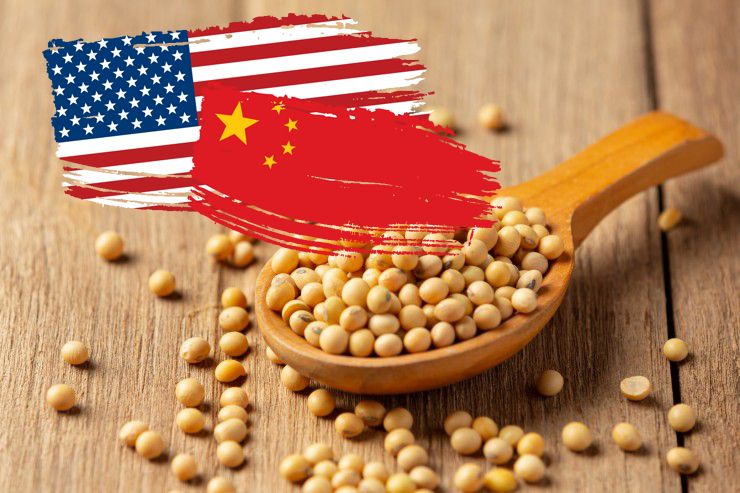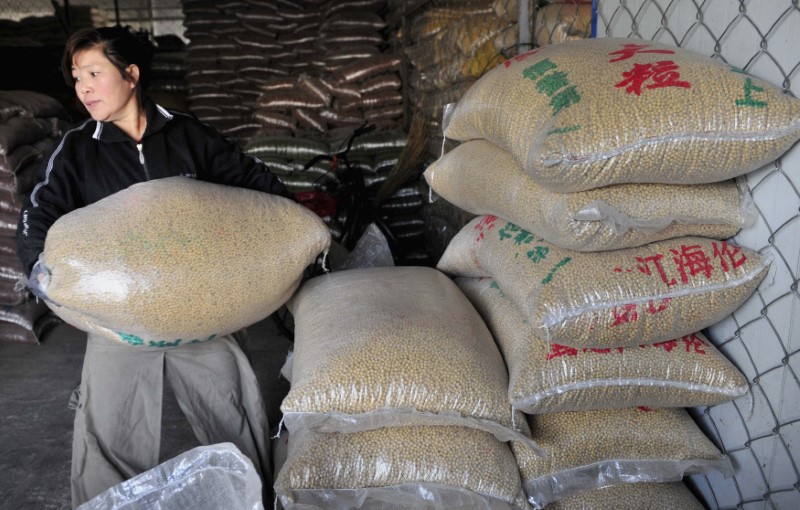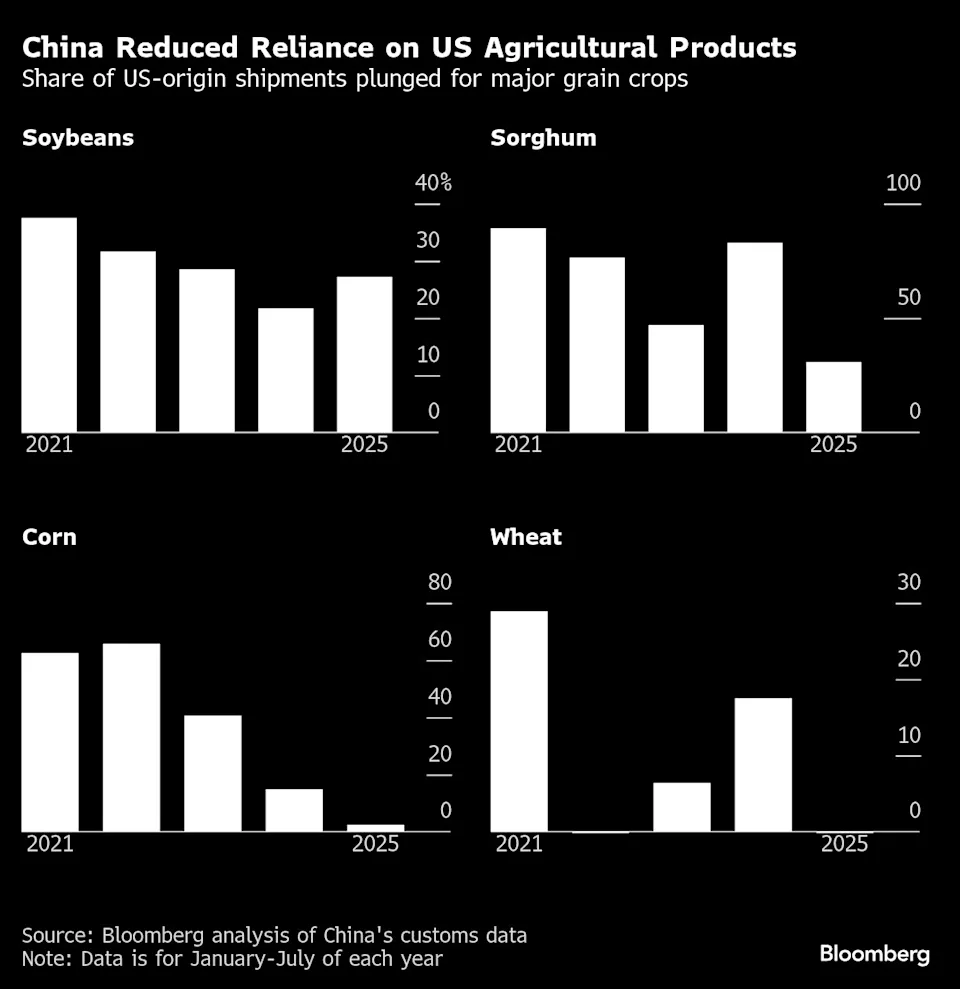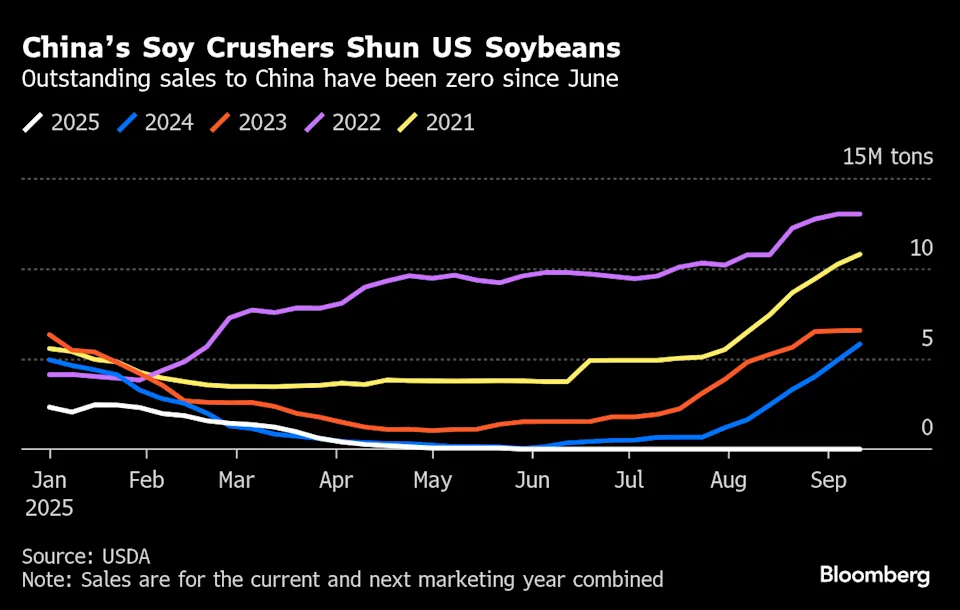Breaking News



Popular News













China has stopped importing American soy. Learn why China halts imports of American soy and how it affects global markets and trade.
China has officially announced that it halts imports of American soy, marking the first complete suspension of US soybean purchases since the 1990s. This decision is a significant development in the ongoing trade tensions between the world’s two largest economies. In 2024, the United States exported over $12 billion worth of soybeans to China, accounting for around 20% of China’s total soybean imports. Experts warn that China halting imports of American soy will lead to a redistribution of supply chains and a rise in global soybean prices. This move also reflects China’s strategic economic policies and strengthens its geopolitical position.

The main reason China halts imports of American soy is the ongoing trade conflict with the United States. Tariffs, export restrictions, and political pressures have forced Beijing to seek alternative suppliers. In 2024, US exports to China accounted for 20% of the total soybean imports, generating $12–13 billion in revenue for American farmers.
To mitigate the impact of halting American soy imports, China has increased purchases from other countries:
This strategy helps China maintain domestic supply and stabilize internal markets.
The suspension of US soybean imports is part of China’s broader strategy to diversify its sources of raw materials and enhance food security. By reducing dependency on the United States, China strengthens its position in the global agricultural market.

Impact on the United States: Losing its largest soybean buyer, valued at over $12 billion per year, puts significant pressure on American farmers and the agricultural sector.
Impact on China: China’s soybean demand remains stable at over 100 million tons per year. By sourcing soy from South America, China can compensate for the lost US imports and stabilize domestic supply.
Impact on the Global Market: Analysts forecast a 8–12% increase in global soybean prices in 2025. The cost of soybean oil and meal for animal feed is expected to rise by 5–10%, affecting the global food production chain.
China halting imports of American soy also reshapes trade routes. Suppliers like Brazil and Argentina are ramping up exports, redirecting logistics flows and driving up global market prices.


1. Why did China halt imports of American soy?
The suspension is due to trade tensions with the US and China’s strategy to reduce dependency on American supplies.
2. Which countries are replacing US soybean exports to China?
Main suppliers are Brazil and Argentina, increasing their exports by 35% and 22%, respectively.
3. How will halting American soy imports affect global prices?
Global soybean prices are expected to rise by 8–12%, with soybean oil and meal increasing by 5–10%.
4. What is the impact on American farmers?
Loss of the largest buyer ($12 billion per year) significantly reduces revenue for US soybean producers.
5. Will China resume importing American soy?
Currently, no. China is focused on diversifying sources and achieving strategic independence.